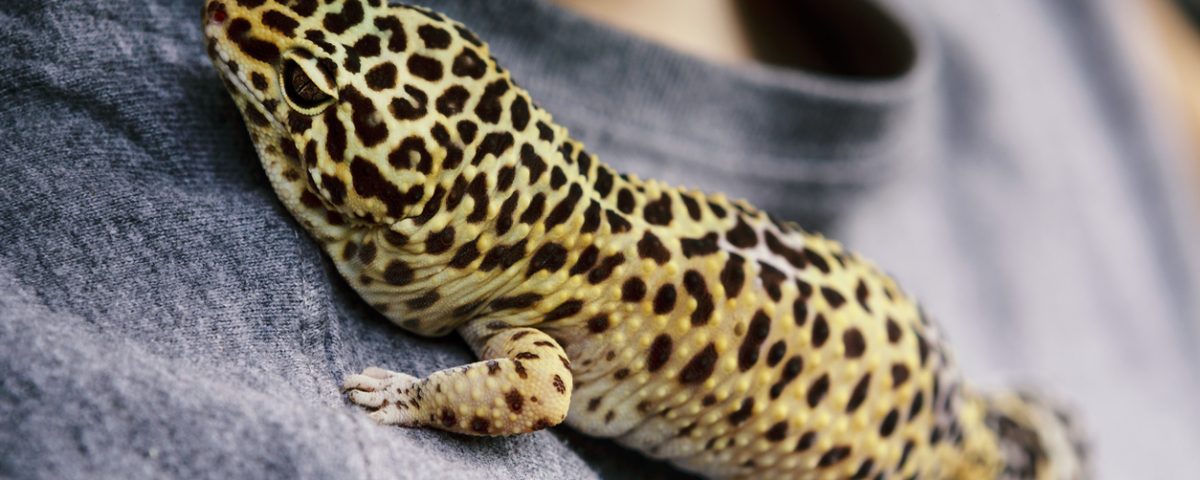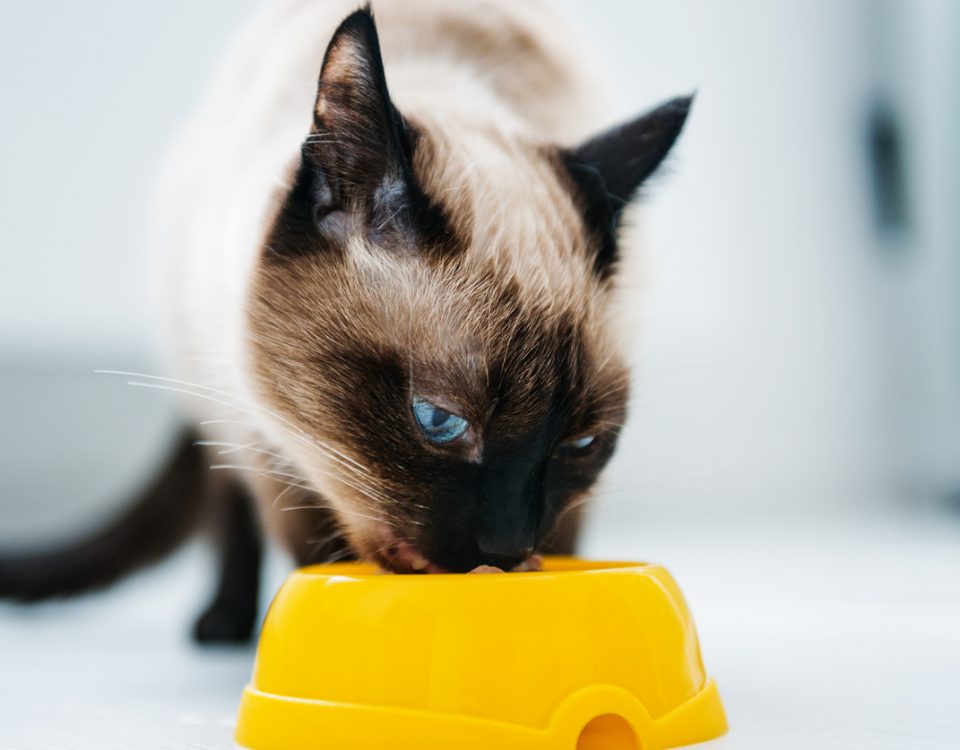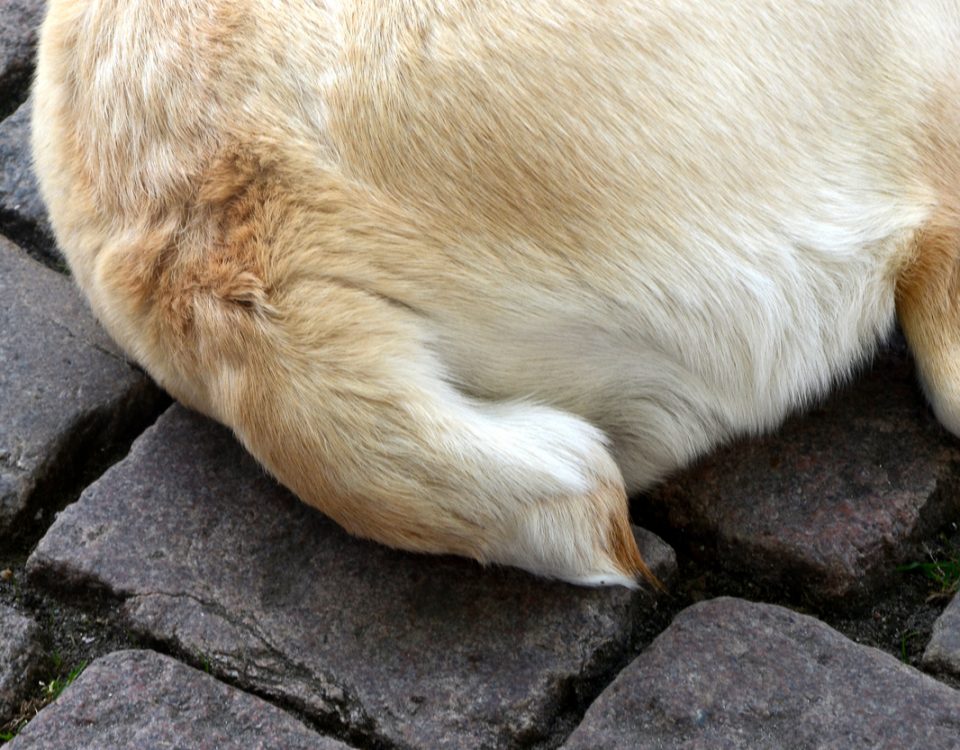- Call today!
- 845-706-7885

Cat + Patio: Build your own “catio”
May 6, 2017
This May and June Give Turtles “a Brake”
May 25, 2017Hurricanes are phenomena no one can be completely prepared for, as demonstrated by the devastation to people and property caused by some of the powerful storms that have hit the United States in the past few years.
There are so many things to think about when getting ready for a major storm that it can be overwhelming. It’s difficult enough for families to secure food and shelter for themselves in the wake of a hurricane, much less to focus on keeping their pets safe. Several agencies and websites offer advice to cat and dog owners about pet safety during a storm; however, given the wide variety of exotic pet species and their hugely varying nutritional and environmental requirements, very little has been written to guide owners of such pets on preparing their animals for severe weather and keeping them safe during storms.
Before the Storm
Though exotic pet species — birds, rabbits, rodents, reptiles, ferrets, amphibians, pot-bellied pigs, marsupials and others —each have very specific requirements to keep them healthy, many of the guidelines for keeping cats and dogs safe during inclement weather apply to exotic pets as well. Several great resources exist for pet owners, regardless of pet type, to referernce in advance of bad weather, to be as ready as possible when it comes.
Very little advice exists specific to exotic pet safety during storms, says Dr. Cynda Crawford, a veterinarian in the Department of Small Animal Clinical Sciences at the University of Florida, College of Veterinary Medicine. Crawford also serves as medical director for the University of Florida’s Veterinary Emergency Treatment Services, a resource for the state’s animal and agricultural emergency response system. But she says all pet owners should“have a seven-day supply of food, the habitat and detailed step-by-step instructions for care on hand for emergencies, whether sheltering in place or going to a temporary shelter to get out of harm’s way.”
Dr. Crawford also suggests that exotic pet owners“check with their local community emergency response departments to determine availability of pet-friendly shelters and see whether these shelters are prepared to accommodate special species.” Often, she notes, temporary shelters set up for the emergency housing of pets will not accept snakes. “This places an extra burden on snake owners to find secure housing if evacuation is necessary, and this planning should be done in advance of urgent need.” Most importantly, Dr. Crawford says, exotic pet owners should discuss emergency preparation procedures with their veterinarians before emergencies arise.
Outfitted for Emergencies
One step all exotic pet owners can take ahead of time is to create a pet emergency supply kit that can be stored with your family emergency supply kit in a waterproof container. (Online resources are available to further help you compile an emergency kit.) Your kit should include:
- A safe, escape-proof pet carrier in which to transport your pet and house him temporarily. Carriers should be large enough to house the animal comfortably for several days and be coverable with a thin sheet or towel to provide security and shade. They should be labeled with your contact information and other emergency numbers, including your veterinarian’s.
- Pet food (at least a seven-day supply) stored in airtight, waterproof and spoil-proof containers. Dry food (such as pellets for birds, reptiles and small mammals) are preferable to fresh produce or live prey.
- Water (at least enough for seven days).
- A box of resealable plastic bags for storing opened food.
- Bowls and sipper bottles for food and water.
- Essential cage accessories, such as lights, heaters and misters for reptiles, dust baths for chinchillas and perches for birds.
- Important medical records, including proof of vaccination for ferrets.
- Any medications your pet is on (at least a two-week supply, plus a prescription for more).
- Microchip, tattoo or leg band information if applicable.
- A recent photo of the pet in case he must be identified later.
- Bedding.
- Toys/blankets/comfort items, including hide boxes for reptiles and small mammals to minimize stress.
- Grooming items such as brushes and nail trimmers, plus cuttlebones for birds.
- Treats that won’t spoil.
- A list of pet-friendly hotels, shelters and boarding facilities that will accept an exotic pet. (See www.takeyourpet.com, www.petswelcome.com, www.letsgopets.com and www.travelpets.com.)
- A local map and an evacuation plan that you can practice with your pet in advance, especially if he is stressed by riding in a car.
- A flashlight, batteries and a radio.
- An emergency fund to cover last-minute housing in a veterinary hospital or shelter.
- An emergency medical kit containing gauze pads, scissors, styptic powder or sticks to clot bleeding nails and beaks, bandage material cut into small sizes, bandaging tape, towels, antibiotic ointment, alcohol wipes, latex gloves, a freezer pack, antiseptic solution (recommended by your vet), tweezers and a washcloth.
Do's and Don'ts
Dr. Doug Mader, a veterinarian who works with exotic pets in Florida and writes on hurricane preparedness, says other factors to consider when getting pets ready for a hurricane include bringing indoors any pets housed outside, such as birds in aviaries and turtles and fish in ornamental ponds. Aquatic pets can be housed inside in temporary tanks powered by battery-operated filters and air pumps, if need be. Dr. Mader says that, in the face of a hurricane, pet owners should not:
- Set pets free outside to fend for themselves, as many exotic pets are prey animals and will not survive.
- Abandon pets at a veterinary office or boarding facility or leave them at home alone in the case of evacuation.
- Leave pets in a car unattended, where they may overheat, suffocate or escape, or get washed away or stolen.
- Wait until the last minute and expect their veterinarians to fill prescriptions, provide extra food or make copies of records.
Birds love to fly, and many reptiles like the water. But the wind and rain of a hurricane can be too much for any pet to survive. With advance planning and an escape route, you, your family and your pets —furry, feathered and scaled —can all make it through safely.
Read more from Vetstreet.com




